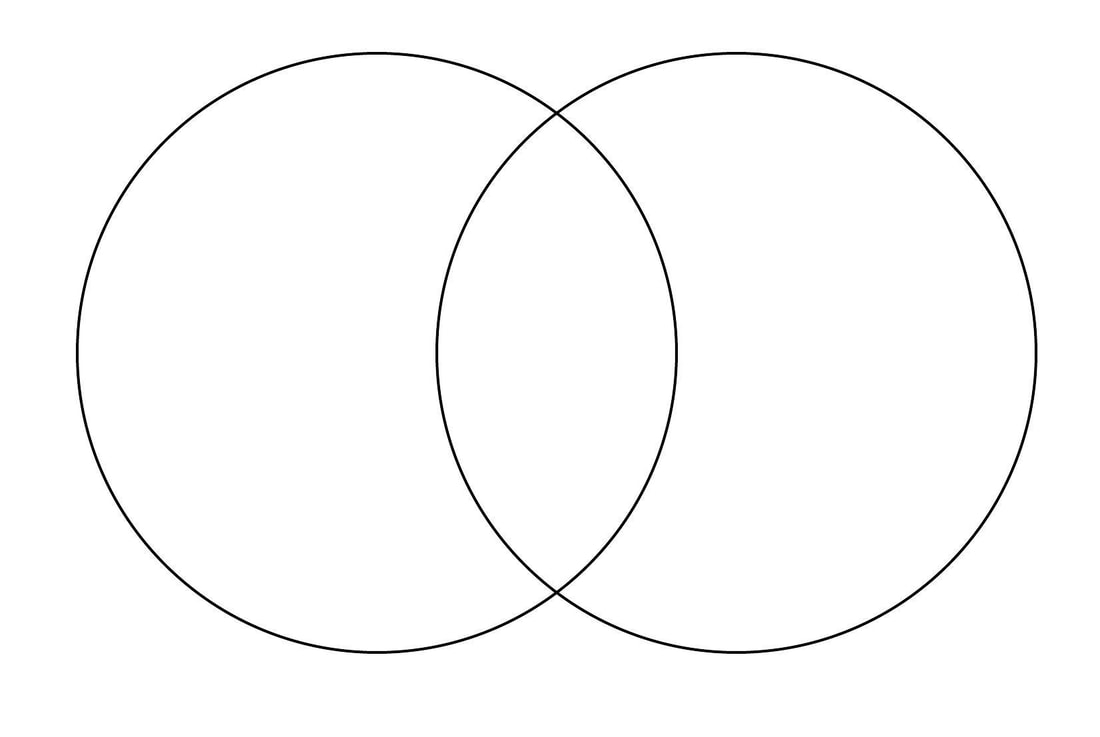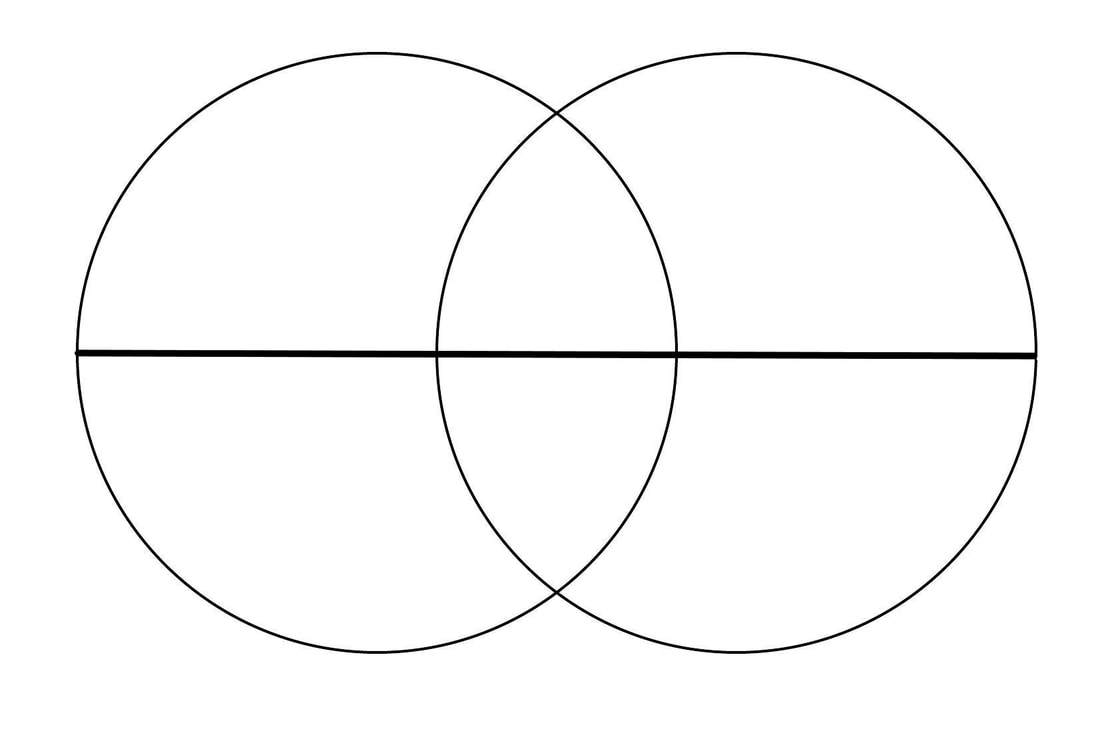|
*This excerpt is my rough translation (and I mean very rough) from a scholarly work by #^!@%, who came to Earth for the purpose of conducting ethnographic research about humans. !&*$* is a pseudonym our guest chose after noticing that a random combination of symbols listed in the second row from the top of some computer keyboards is often used to express what should not or cannot be said. As you will see, this pseudonym will always contain five symbols but their combination will be different. This strategy is meant to reflect the fluidity and unpredictability of physical shape that characterize all inhabitants of our guest's home planet. You can find the translated excerpt below. I edited it for brevity and added some comments in brackets. ++++++++++++++++++++++++++++++++++++++++++++++++++++++++++ There is one aspect that makes humans so different from us, my reader [technically, on the home planet this work won't be "read" in the human sense of the word but I needed something to refer to the author's audience]. This aspect is called "gender". There is nothing like that on our planet, so you will need to use your imagination to follow the description below. Human bodies are made up mostly of oxygen, carbon, hydrogen, nitrogen, calcium, and phosphorus, as I mention in other chapters [this work is not only "unwritten" but it also cannot be read in a linear way; therefore, the words "chapter" or "section" do not fully reflect the work's structure]. Each human's body changes throughout the lifetime but some characteristics remain essentially the same. Because humans are so different from you and I, initially they looked all the same to me. I had to conduct long careful observations to start noticing individual differences. At the same time [don't get me started on their concept of time!... well, maybe someplace else], I realized that for humans themselves these differences can be dramatic. Indeed, color variances of "skin" (soft outer organ covering human body) that might be imperceptible for you, my reader, often determine how humans feel about each other and how they treat each other. In some cases, this variance becomes a matter of life and death. <...> But let us get back to the matter at hand [*&#$& does not have hands, by the way]. The easiest way (in my opinion, at least) would be to describe gender this way. All human beings emerge into this world (this is called "to be born") with a reproductive system which includes inner and outer parts and organs. <...> [Here I took a liberty of adding a Venn diagram to illustrate the idea developed by &*!@@, since unlike my guests' "readers", my readers actually do have eyes.] [Here @#$#! provided a detailed explanation of human reproductive system which I chose to omit for the purpose of brevity.] I understand that following all these details that are so detached from the life on our planet might be difficult for you, my patient reader. At the risk of losing important nuance, I think that we can describe the matter this way. Some humans have penises [let's say, that would be the left circle in the diagram above]. Some humans have vaginas [the right circle]. Some have a combination of both [the intersection of the circles]. To procreate, one human with a penis [I am going to shorten this as HP] and one human with a vagina [HV, for brevity] need to be involved. Notice that each one of the two can have both [let's say, HVP; here @&^%$ refers to a possibility of two intersex individuals having a child]. Procreation is of utmost importance for humans. It is perhaps for this reason that, once a human is born (in some cases, even before that), everybody wants to know if this going to be a HV or HP. However - and this is the most interest part, which will also be quite challenging for my reader to comprehend - humans do not refer to each other as HV or HP. Instead, they use two words that are essential for the understanding of the human world: "man" and "woman" (or "boy" and "girl" when referring to a human between the time of birth and maturity, with important exceptions discussed in other sections). [Here I am going to use another picture for my patient readers to follow.] Same as humans can be roughly divided into HV, HP and HVP, they can also be divided into those who are called "men" and/or identify themselves as "men" and those who are called "women" and/or identify themselves as "women". Bear with me, my kind reader, as things are getting complicated [I can say the same to mine!]. Most humans tend to believe that HV is the same as "woman" and HP is the same as "man." It is for this reason that when a new human enters the world, they want to know: "Is it a boy or a girl?". As you can see, HVP find themselves at stark disadvantage in the very beginning of their lives. <...>
[I invite my reader to look at the second diagram. Everything above the line will be what @^&%^ refers to as "women" and below it - "men". So the top half of the left circle, the top half of the intersection, and the top half of the right circle will be humans who are called "women" and/or identify themselves as "women", with the bottom halves reserved for "men". It is not really half-and-half but I found this visual symmetry pleasing.] To sum it up, there are some HP, HPV and HV who are known to others and/or themselves as "women" and some HP, HPV and HV who are known to others and/or themselves as "men". To put it in other words [as you might have already guested, the term "words" in case of %$#@* is also an approximation], there are some humans with a penis who are considered to be men. There are some humans with a vagina who are considered to be men. There are humans with a vagina who are known as women. There some humans with a penis who are known as women. Not to forget, a person with a penis and vagina can be considered a man or a woman, depending on many circumstances. My reader, I hope you will agree with me that the situation is pretty clear. HP does not equal "man" and HV does not equal "woman." But it made me sad [yes, the feelings that inhabitants of our guest's planet can experience are surprisingly close to feelings of Earthlings] to notice that for human it is not clear at all. On the opposite, the divisions (HP, HV, HVP vs. "men" and "women") I outlined serve as a cause of major confusion that often leads to pain, self-doubt, and hatred. [While I end the translated excerpt here, I want to clarify that it is connected to a longer discussion that spreads throughout other chapters and sections of this exceptional scholarly work. I might translate more of it if I have time in the future, and if **&$$ agrees to collaborate. It turns out that professors and researchers are all very busy no matter where in the Universe they happen to reside!]
0 Comments
Your comment will be posted after it is approved.
Leave a Reply. |
SIGN UP to receive BLOG UPDATES! Scroll down to the bottom of the page to enter your email address.
I often use this blog to share new or updated entries of my hypertext projects. If you see several versions of the same entry published over time, the latest version is the most updated one.
|


